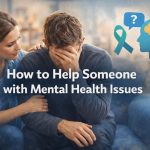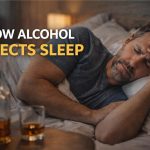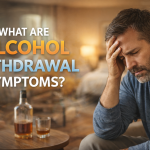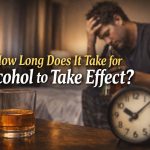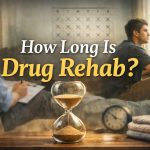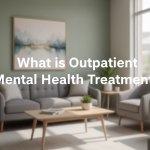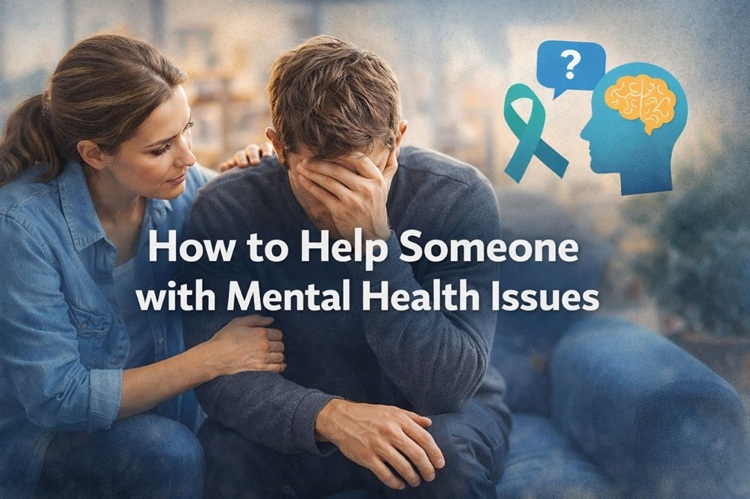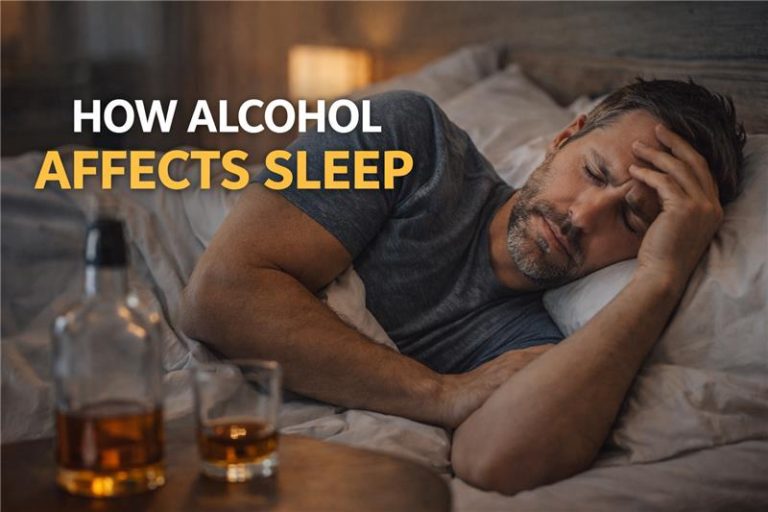Binge drinking presents as a common issue because it affects millions of individuals throughout the world. The social practice of enjoying alcohol often causes health problems because binge drinking patterns create serious mental and physical disruptions. The problem fails to receive proper attention and transforms into a persistent illness that creates enduring mental and physical well-being problems. Binge drinking disorder and its signs will be investigated together with an analysis of its relationship to anxiety disorders and eating problems and an evaluation of current treatment modalities.
What is Binge Drinking Disorder?
People who binge drink consume large amounts of alcohol in fast intervals, which raises their blood alcohol concentration (BAC) to at least 0.08%. The average number of alcohol consumption for men during two hours must be five or more drinks, whereas women need to drink four or more beverages in the same amount of time.
Binge drinking does not necessarily develop into a disorder unless it becomes compulsive and repetitive. People who suffer from Binge Drinking Disorder cannot regulate their alcohol intake while experiencing damaging effects on their personal, professional, and social life relationships.
Is Binge Drinking a Disorder?
Binge drinking appears as a symptom rather than an independent disorder in the current version of the Diagnostic and Statistical Manual of Mental Disorders, known as DSM-5. Binge drinking exists as a medical sign indicating Alcohol Use Disorder (AUD) but represents a collection of different alcohol dependence patterns and abusive consumption behaviors that earn official medical recognition. The risky behavior of binge drinking potentially leads to Alcohol Use Disorder, which results in severe conditions for physical and mental wellness.
100% Confidential Support is Available 24/7
No matter what you’re going through, you’re not alone. Our dedicated team is here to provide a safe, judgment-free space where you can talk openly and honestly. Whether you need emotional support, resources, or just someone to listen.
We’re here for you—completely confidential and always respectful of your privacy. Call us today!
Symptoms of Binge Drinking Disorder
People need to detect the symptoms of binge drinking disorder so they can obtain timely treatment and intervention. Common signs include:
- A person who drinks excessive amounts of alcohol in multiple sessions throughout a year experiences this condition.
- A person experiencing such a disorder will not be able to stop drinking after starting a drinking session.
- Memory Blackouts – Experiencing memory loss or blackouts due to excessive drinking.
- A person needs to consume additional alcohol quantities to achieve similar levels of impairment.
- Drinking causes people to abandon their important commitments at home and work and educational responsibilities.
- A person will encounter physical or psychological withdrawal symptoms during alcohol abstinence periods.
- Binge drinkers continue their behavior when their alcohol consumption produces adverse effects in their lives, which include medical problems, strained personal relationships, and financial strain.
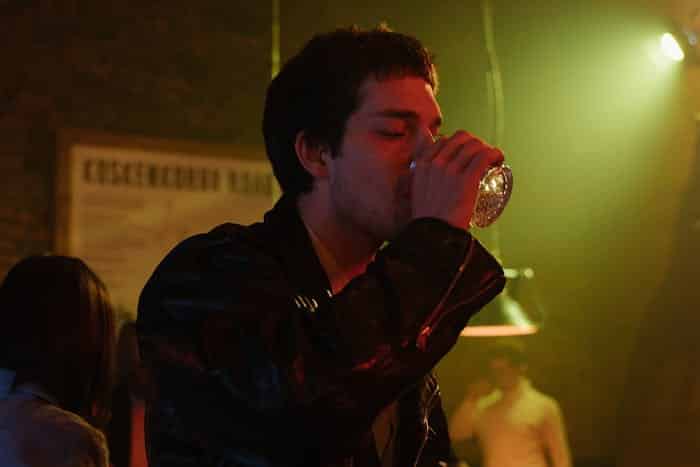
Binge Drinking and Anxiety Disorder
The conditions of anxiety disorder drive numerous afflicted individuals toward alcohol consumption for personal medical treatment. Experiencing periodic sedation from alcohol seems to calm stress-related issues, while panic and anxiety worsen after excessive alcohol use over time.
Binge drinking forms an intricate relationship with anxiety disorders across different stages of development. Drinking alcohol creates immediate anxiety suppression but results in chemical brain alterations, which lead to increased depression and panic in combination with worrying and nervous feelings after the drinking period ends. Continued use of alcohol as a temporary anxiety remedy will lead to addiction as mental health conditions intensify.
Binge Drinking and Eating Disorders
Binge drinking exists in direct correlation with eating disorders. Eating disorder patients who have bulimia nervosa or binge eating disorder frequently consume large quantities of alcohol. Drunkorexia describes the pattern of food restriction that people adopt to balance alcohol-related calorie consumption.
The combination of binge drinking and eating disorders becomes worse because alcohol consumption damages a person’s ability to think clearly and causes impulsive behavior while also affecting metabolism. Eating disorder patients who consume large amounts of alcohol struggle to absorb necessary nutrients, which worsens their overall health problems.
Contact Palm Coast Treatment Solutions
Battling with Drug and Alcohol Addition? Remember, you are not alone and we are here to help you!
Who is at Risk for Binge Drinking Disorder?
Multiple conditions elevate the chances of someone developing binge drinking disorder, among them:
- Genetics: A family history of alcohol abuse or addiction.
- Binge Drinking Disorder develops when psychological health problems like depression, PTSD, and anxiety coexist with the condition.
- The social environment features peer pressure and alcoholic culture while providing visible alcohol access to people.
- Alcohol use arises from individuals who employ it as a reaction to stress and trauma alongside abuse and emotional distress.
- Young individuals who begin drinking experience higher risks of developing a disorder in the future.
Overcome Addiction with Palm Coast Treatment Solutions.
Book an appointment.
Effects of Binge Drinking Disorder
Binge drinking disorder produces multiple serious outcomes that affect different dimensions of an affected person’s existence. The main results of binge drinking disorder affect human health in various ways.
- Physical Health Consequences
- Liver damage and cirrhosis
- Increased risk of cardiovascular diseases
- High blood pressure
- Weakened immune system
- Brain damage and cognitive impairments
- Mental Health Consequences
- Increased risk of anxiety and depression
- Poor impulse control
- Memory loss and blackouts
- Suicidal thoughts and behaviors
- Social and Behavioral Consequences
- Conflicts with close relatives and friends develop due to drinking.
- Job loss and academic failure
- Legal issues due to DUIs or reckless behavior
- Financial difficulties
Treatment for Binge Drinking Disorder
People experiencing binge drinking disorder need to receive professional care because it can prove to be vitally essential for recovery. Treatment options include:
1. Medical Detoxification
People who have alcohol dependence require medical detox because it enables professional care to extract alcohol from their system while treating withdrawal symptoms.
2. Therapy and Counseling
- Health professionals use Cognitive Behavioral Therapy (CBT) to help patients determine their triggers while teaching them functional alternative ways to respond.
- Dialectical Behavior Therapy (DBT): Focuses on emotional regulation and mindfulness.
- The motivational interview approach helps patients adopt beneficial life changes.
3. Medication-Assisted Treatment (MAT)
The medical treatment of alcoholic binge drinking includes the prescribed medication compounds Naltrexone, Acamprosate, and Disulfiram because they both reduce cravings and block relapse during recovery programs.
4. Support Groups
Binge drinking disorder patients receive peer support through Alcoholics Anonymous (AA) and SMART Recovery organizations.
5. Lifestyle Changes
- Engaging in regular physical activity
- Practicing mindfulness and stress-reduction techniques
- Building a strong support network
- Avoiding triggers and high-risk situations

Overcome Addiction with Palm Coast Treatment Solutions.
Book an appointment.
Get Help Today
Medical assistance exists for people dealing with binge drinking disorder alongside their loved ones who need assistance. Palm Coast Treatment Solutions delivers complete treatment programs that meet the requirements of each person. A medical detox and therapeutic support system backed by qualified professionals helps people develop control over their lives as they recover.
You can contact us at (386) 284-4151 to begin your recovery journey.






